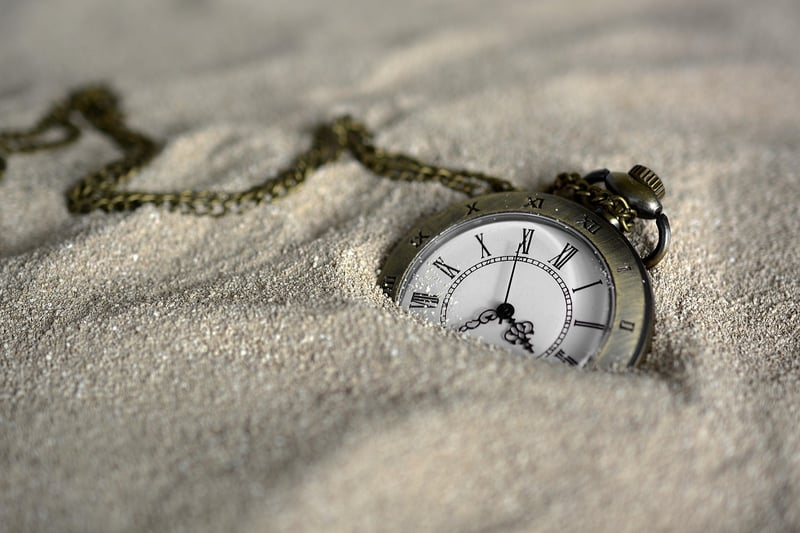Time Dilation
Rules of Time Travel and Time Dilation Explained
Introduction
Time travel has captured the imagination of many for decades, fueling numerous works of science fiction. While time travel remains theoretical, understanding the rules and concepts associated with it, such as time dilation, can be fascinating.
Rules of Time Travel
When it comes to time travel, several hypothetical rules are often considered:
- Causality: The principle that an event can only cause another event if it occurs before it in time, preventing paradoxes.
- Timeline Protection: The idea that the timeline is resilient and may actively work against changes, ensuring events unfold as they should.
- Butterfly Effect: Small changes in the past can have significant and unforeseen consequences in the present or future.
- Fixed Timeline vs. Alternate Timelines: The debate between whether time travel creates a new timeline or if changes made affect the original timeline.
Time Dilation
Time dilation, a concept from Einstein's theory of relativity, states that time passes differently for objects in motion relative to each other. Key points about time dilation include:
- Relative Motion: The faster an object moves, the slower time passes for it relative to a stationary observer.
- Gravitational Time Dilation: Time passes more slowly in stronger gravitational fields, such as near massive objects like planets or black holes.
- Experimental Evidence: Time dilation effects have been confirmed through various experiments, including atomic clocks on airplanes or satellites.
Conclusion
While time travel remains a fascinating concept with many theoretical implications, the rules and principles associated with it, like time dilation, provide a glimpse into the complexities of spacetime. Whether exploring the consequences of altering the past or contemplating the nature of time itself, the world of time travel offers endless possibilities for the curious mind.
Image Source: Pixabay

